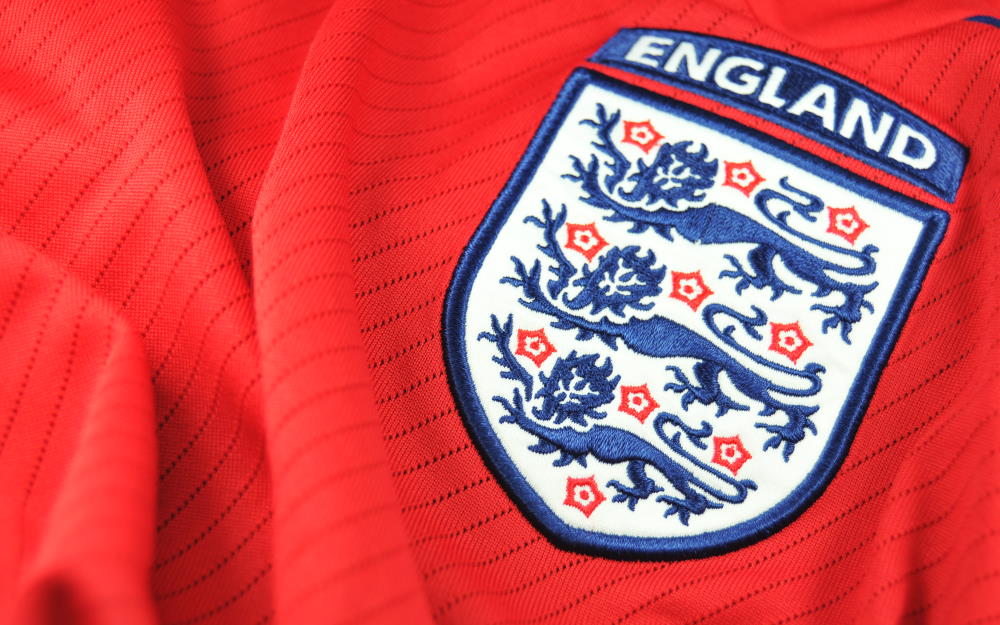Paul Gascoigne, the legendary star that never was
English football has had a lot of pressure over the years, and this is something that cannot be understated. This is mainly due to the fact that the England national team has failed to live up to the expectations, often underperforming in the Euros or the World Cup, which has often led to a massive disconnect with the supporters.
Gascoigne was an immense talent that was widely regarded as one of the best players of his generation, and while he did accomplish some significant things in his career, the reality is that Paul never lived up to the expectations. So, what went wrong in Gascoigne's career? We are going to have a look today.
The 80s
Born Paul John Gascoigne in Gateshead, England, in May 27th of 1967, the Englishman was a very talented young player from the very beginning and there were a lot of expectations with his future. He made his professional debut with Newcastle United in 1984 at the age of 17, kick starting the rollercoaster of a career he would end up having.As an interesting fact, he was called Paul John after Paul McCartney and John Lennon of The Beatles fame, and, before signing for Newcastle as a youngster in 1980, he was rejected by the likes of Ipswich Town, Southampton and Middlesbrough.
While his time on the pitch with the Magpies was proving to be very successful, starting to get plaudits and recognition for his combination of technique and physical strength, his entire family structure was falling apart due to the loss of several of his loved ones and his father undergoing a seizure. Making matters worse, Paul was developing an addiction to gaming machines, spending a lot of his money on them.
All of this didn't stop Tottenham Hotspur from signing him in 1987 for 2.2 million pounds. His time with Spurs is widely regarded as his peak in his club career, and the fans love him a lot due to his combination of talent, aggression and personality. He was viewed as a supporter on the pitch, combining all the finest attributes of English football at the time.
Then the 1990 World Cup happened.
The 90s and decline
England were not candidates for the 1990 World Cup, and they were under a lot of scrutiny by the press in their country. However, their exploits in the competition made the world fall in love with English football again, with a profound feeling of heartbreak when they lost against Germany in the semifinal.Gascoigne was one of the symbols of that England team and he is arguably the most iconic player of that time period. He gave several key assists to win many matches and when he got a yellow card against the Germans, signaling that he was going to miss the potential final, his tears became an iconic scene of English football.
At club level, great performances were coupled with scandals off the pitch, such as the time he missed the vast majority of the 1991/92 due to an injury that he got in a club. He eventually side for Serie A team Lazio at a time where it was strange for English players to go abroad and when the Italian league was viewed as the best in the world.
Sadly enough, Gascoigne never fully adapted to Italian football and he has been mostly perceived as a flop at Lazio. Injuries and constant controversies off the pitch, such as the times he punched reporters, were a lot more notorious than what he was doing with a football.
Gascoigne gave Serie A a lot more exposure in England due to him being a national hero, but by the time he signed for Scottish giants Rangers in 1995, he was on a very steady decline.
However, his time with Rangers was overall a success: he scored a lot of goals, won several trophies as a key player and got back to the England national team for the 1996 Euros held in their country, playing very well. It seemed like a natural progression for Gascoigne, no longer being the promising upstart he once was.
Despite that, the drama continued in his personal life and continuous reports about addictions, fights and indiscipline ended up costing him in the long run. His time with Middlesbrough in the late 90s, going back to England, was a massive disaster and his career at top level football was all but done in that time.
Brief stints with Everton, Burnley, Gansu Tianma and Boston United ended up with him retiring from professional football in 2004.
Conclusion
Paul Gascoigne came from a very tough upbringing, from a dysfunctional family and with a lot of personal demons to cope with. None of this justifies a lot of the things he did throughout his career, but it does give a lot of necessary context the kind of person that he is and why his football years went that way.It is hard to argue that he is one of the biggest wasted talents in the history of football. His combination of physical power and silky technique was something that you don't see a lot of in the game, causing a lot of people to rightfully rave about his performances. His performances in the 1990 World Cup are arguably the most iconic at an individual level in the history of English football.
It's a shame that a talent such as Gascoigne never managed to amaze the world even further after his tears in Italy.
